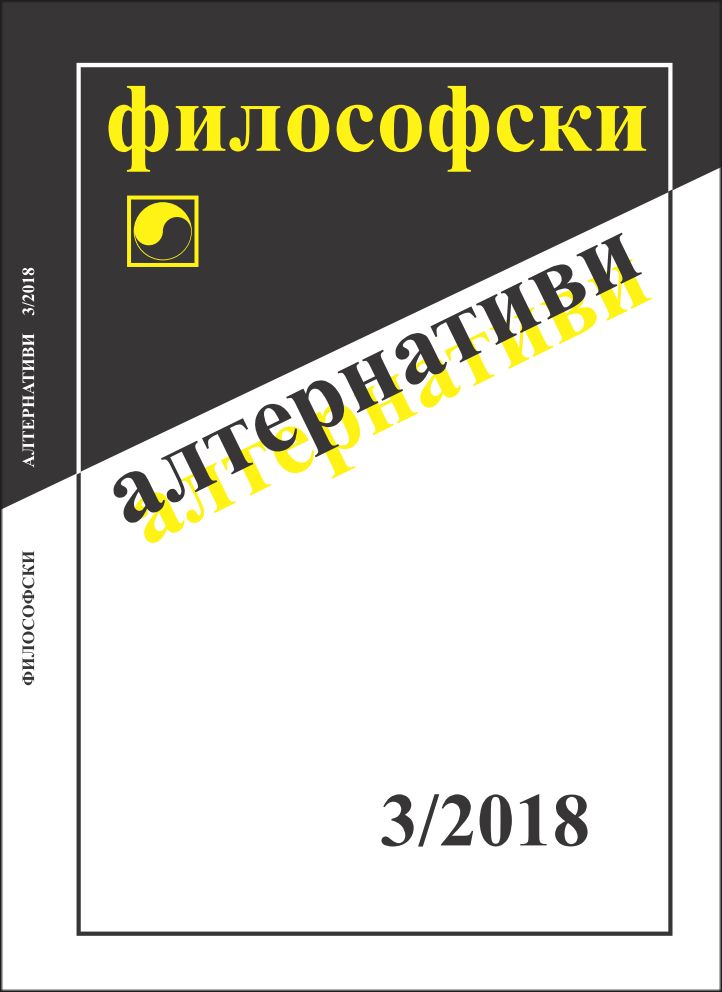
We kindly inform you that, as long as the subject affiliation of our 300.000+ articles is in progress, you might get unsufficient or no results on your third level or second level search. In this case, please broaden your search criteria.

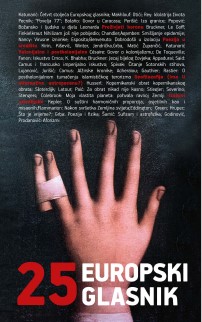
Civilizacija koja nije sposobna rješavati probleme koje stvara svojim djelovanjem, propada. Civilizacija koja bira zatvarati oči pred svojim najvažnijim problemima, boluje. Civilizacija koja izigrava svoja načela, umire. Riječ je o tome da takozvana »europska« ili »zapadna« civilizacija, oblikovana tijekom dva stoljeća buržoaskog režima, nije sposobna riješiti dva glavna problema koja je svojim postojanjem stvorila: problem proletarijata te kolonijalni problem. Takva se Europa nije u stanju opravdati pred sudom »razuma« ni pred sudom »savjesti«, pa stoga sve češće pribjegava licemjerju koje sve manje uspijeva zavarati i tim postaje sve mrskije. Europa je neobranjiva.
More...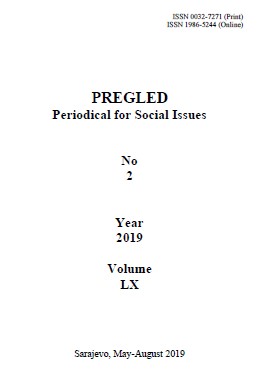
Politička teorija univerzitetskog profesora Esada Zgodića ima pluriverzičan karakter. Štaviše, rijeĉ je o politiĉkom teoretičaru koji je dao ogroman doprinos razvoju savremene politologije u bosanskohercegovaĉkom nauĉnom diskursu. Zgodićev politološki pristup je autentičan i nekonvencionalan u tematskom pogledu, a u njegovim studijama i knjigama problematizirane su i elaborirane teme iz razliĉitih politoloških subdisciplina. Drugim rijeĉima, njegov znanstveni aktivitet pripada raznolikim oblicima politiĉke teorije. Ipak, u najširem razumijevanju, njegova nauĉna bibliografija ima polarizacijsku i dihotomnu strukturu i, usto, moguće je konstatirati da je temporalno zasnovana i održiva.
More...
I am eighty years of age and still enjoy the privilege of writing, as this text is witness. Ever since my wife died almost four years ago, I have lived by myself in a large apartment in a Austro- Hungarian building constructed on the eve of the Great War and located on the most popular street in Sarajevo, Ferhadija, a pedestrian zone in the centre of town. The windows in the two largest rooms have a view of Trebević, a legendary hill that enfolds the southern side of the city. It’s spring, but I cannot feel its scent because a tiny virus from Wuhan has me under house arrest, which the authorities have merely legalised through regulations requiring all citizens older than 65 to remain in so-called self-isolation. I don’t feel lonely. On nice days I open my windows wide, and, exposed to the beneficent action of the sun, I watch the rare passers-by in their masks and gloves. The isolation itself is bearable and for many even welcome. People are taking stock and dealing with things outstanding for years. Difficulties, fear, and uncertainty lurk outside your home’s walls, because nobody can say what is happening or how long it will last.
More...
I am eighty years of age and still enjoy the privilege of writing, as this text is witness. Ever since my wife died almost four years ago, I have lived by myself in a large apartment in a Austro- Hungarian building constructed on the eve of the Great War and located on the most popular street in Sarajevo, Ferhadija, a pedestrian zone in the centre of town. The windows in the two largest rooms have a view of Trebević, a legendary hill that enfolds the southern side of the city. It’s spring, but I cannot feel its scent because a tiny virus from Wuhan has me under house arrest, which the authorities have merely legalised through regulations requiring all citizens older than 65 to remain in so-called self-isolation. I don’t feel lonely. On nice days I open my windows wide, and, exposed to the beneficent action of the sun, I watch the rare passers-by in their masks and gloves. The isolation itself is bearable and for many even welcome. People are taking stock and dealing with things outstanding for years. Difficulties, fear, and uncertainty lurk outside your home’s walls, because nobody can say what is happening or how long it will last.
More...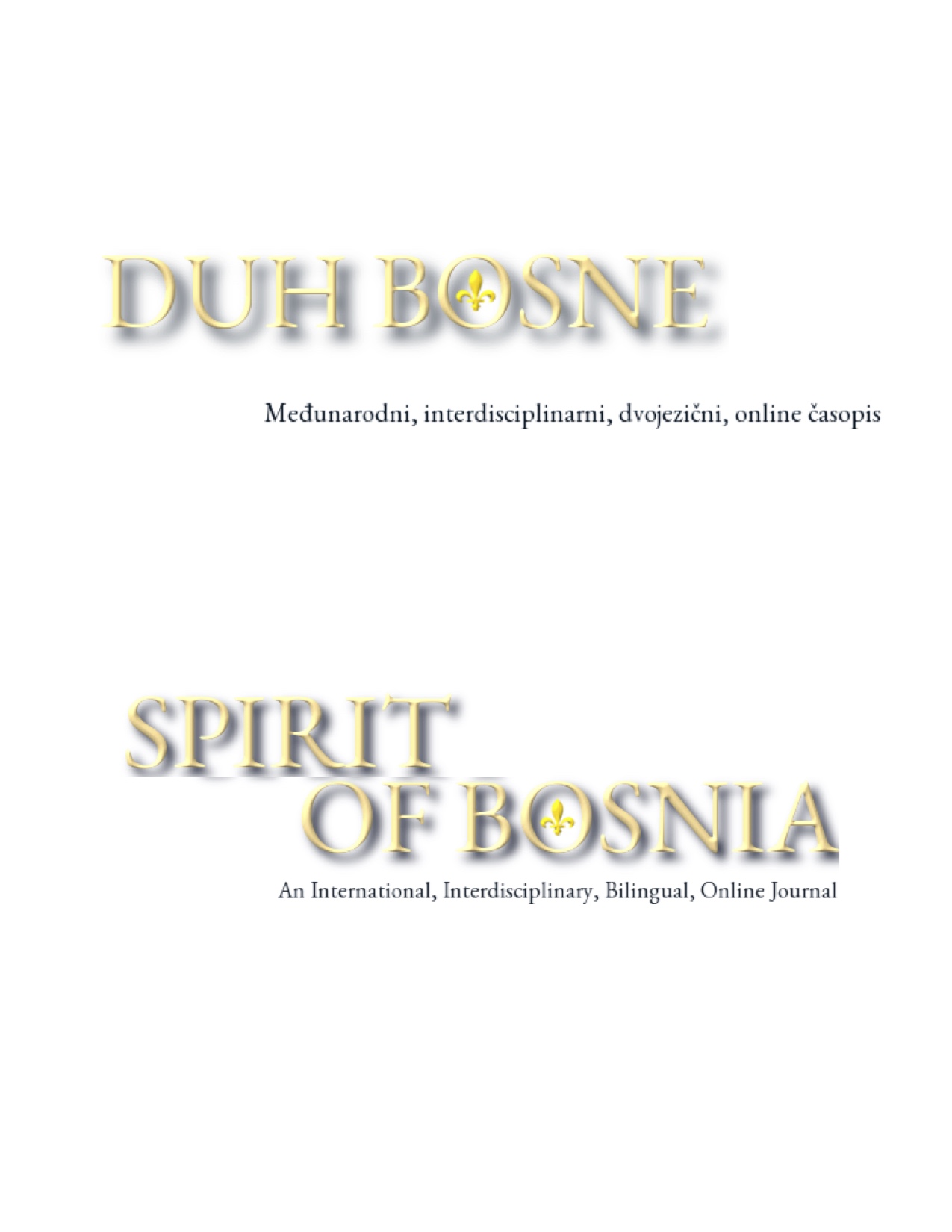
It is difficult to understand the executioners of the genocide in Srebrenica. What were they doing? Why were they doing it? What were they thinking? How could they have done what they did? In Srebrenica MCMXCV [2017], Emir Suljagić recounts a testimony from an executioner told to the International Criminal Tribunal for the former Yugoslavia after a massacre near Srebrenica in July 1995: From that pile, that heap of dead bodies that did not resemble human bodies any more, a human being emerged. I said human being, but it was actually a boy, five or six years old. It was unbelievable. Unbelievable. A human being came out and started walking towards a path, a path along which men were standing, doing their job, carrying automatic rifles… And then, out of nowhere they all put their guns down and all of them were just paralysed. And it was only a child in front of them. . . . And this child was covered in the tissue and intestines of other humans . . . And this child emerged from the pile of executed people, calling: «Babo»…. this is their word for father. The boy said, «Babo, where are you?»
More...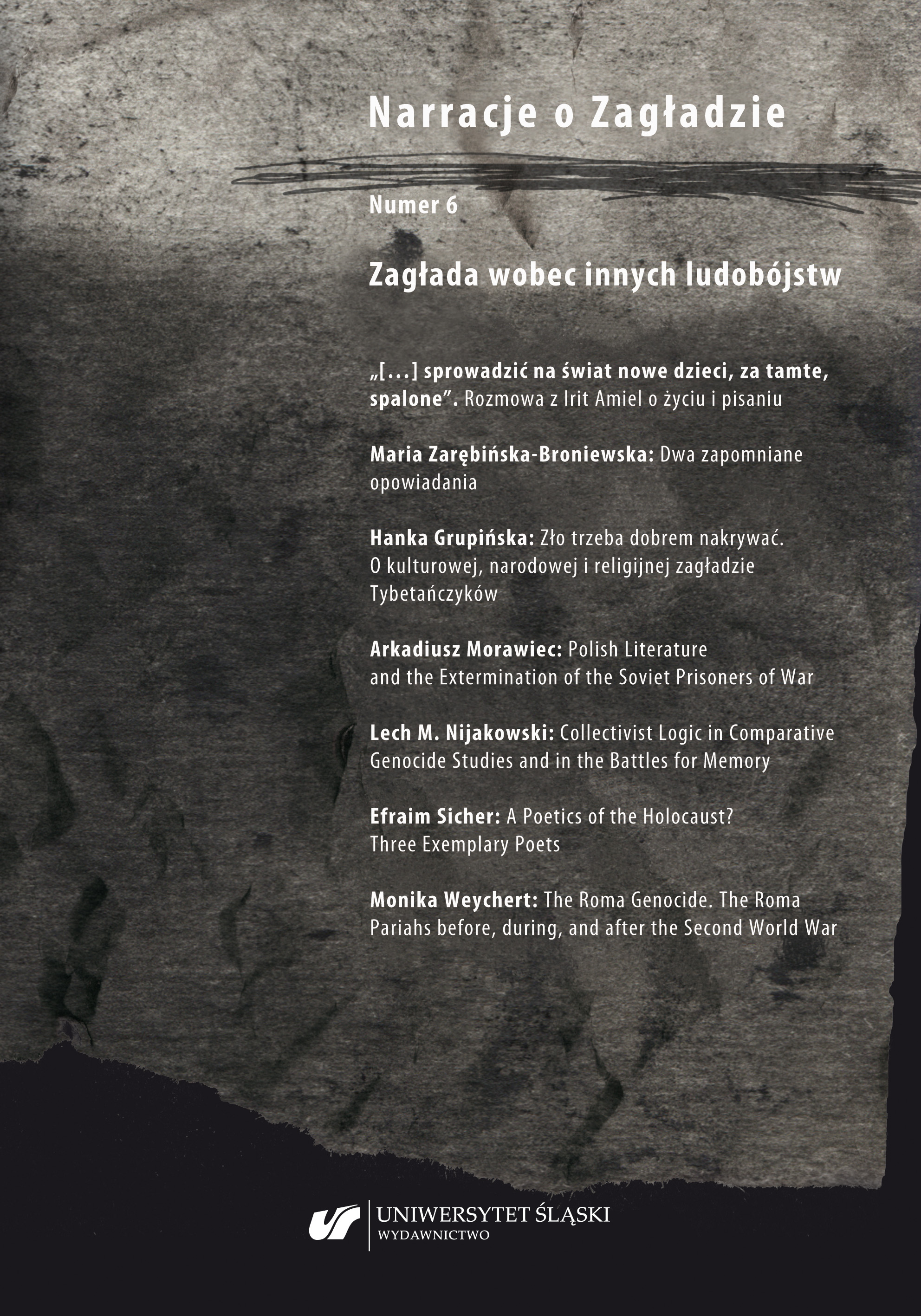
In this essay, I discuss a particular narrative structure manifest in contemporary genocide narratives, a structure based on a distinctive presence of a first-person – usually male – narrator, who describes his experiences and reflections born in the course of his peregrinations to sites of mass extermination. Rooting my research in geocriticism, I explore ties between space and memory, which allows me to distinguish several levels of analyzed texts, tending towards metaphysical generalizations of nihilistic or patriotic nature. I apply the said analytical categories to my study of selected passages of Dawid Szkoła’s and Przemysław Dakowicz’s respective essays.
More...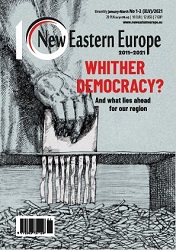
Parliamentary elections in Russia are about much more than just window-dressing. They serve to legitimise the authoritarian regime in the eyes of the public as well as verify the efficacy of the state administration machinery. The tangible unease among the Kremlin’s decision-makers, provoked by an unfavourable economic future and a worrisome evolution in the social mood, has accelerated efforts to consolidate authoritarian rule. New repressive laws, passed in 2020, are intended to ultimately suppress civic rights and freedoms and nip any forms of grassroots mobilisation in the bud.
More...
The political transformations that occurred in Moldova, Georgia and Ukraine in the second half of 2020 will have long-lasting consequences on the democratic development of these critical countries in the region. Each of them has made qualitative steps forward, leaving behind more oligarchic-centric rules of the game. In Ukraine, amid the territorial-administrative decentralisation efforts and electoral reform, the local elections brought to the frontline a new generation of locally grown politicians. They obtained more tools to counter-balance the big political parties in charge in Kyiv. Local democracy got a chance to shine, but long-term success depends on how the political newcomers can be protected from being subordinated by the oligarchs.
More...
During the two rounds of elections to the Seimas on October 11th and 25th, 141 parliamentarians were elected to represent Lithuania’s parliament for the next four years. The results of the elections show that the Homeland Union-Lithuanian Christian Democrats won the elections with the most seats (50) in the Seimas. The previous ruling party, the Lithuanian Peasant Popular Party, won 32 seats while the Social Democrats and the Liberal Movement received 13 mandates each. The Freedom Party, founded in 2019, won 11 seats, and the Labour Party won 10 seats. The new ruling coalition was formed by the Homeland Union, the Liberal Movement and the Freedom Party, which together secured a majority of 74 seats.
More...
In recent months we have seen numerous conferences, articles and discussions with a variation of the title “Belarus. An unexpected revolution”. Through them western analysts and policy-makers who were once calling Belarus the last dictatorship in Europe, are now looking for answers on whether and when the people’s revolution will succeed. They typically start their analysis with questions such as “Why now?” or “Where did this sudden awakening of the Belarusian society come from?” In their search for answers they often omit what is really of essence.
More...
The conditions that Bulgaria has set ahead for its much smaller neighbour include an official acknowledgement of having a common history, a change in the formulation describing the official language (Macedonian) which is being used in North Macedonia, and a roadmap for the implementation of a friendship treaty that the two countries signed in 2017. Bulgaria has also requested that the agreement includes Skopje’s renunciation of claims to the existence of a Macedonian minority in Bulgaria. Sofia often argues that Macedonian historical figures and landmarks are actually Bulgarian and that North Macedonia’s authorities should accept this as historical truth.
More...
Democracies are defined by the holding of regular elections that are free and fair, resulting in an alternation of leaders and the orderly transition of power. A central characteristic of this process is that while electoral outcomes are unpredictable, the manner in which politicians are replaced is highly routinised. Donald Trump, however, is a maverick and rule-breaker the likes of which the United States has never seen before.
More...
In 2011 Joe Biden, as the US vice president during his visit to Moscow, said to Vladimir Putin: “Mr Prime Minister, I’m looking into your eyes, and I don’t think you have a soul.” Putin replied: “We understand one another”. This anecdote seems to be a prophecy of a rough co-existence without any signs of fondness. Clearly Putin and most of the current Russian political elite are very sceptical towards Biden. The Russian president was one of the last national leaders who congratulated Biden on his victory over Donald Trump.
More...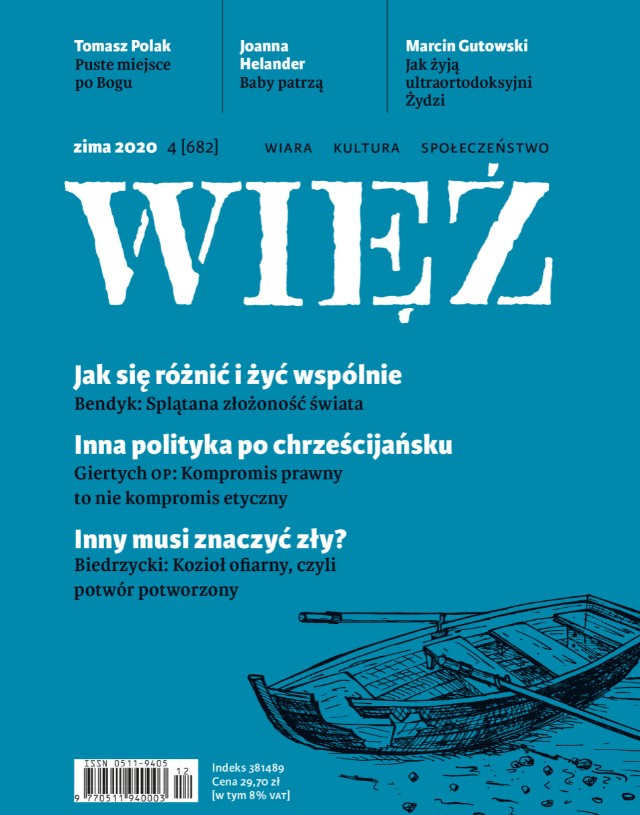
W postchrześcijańskim świecie hołdowaniem iluzji jest założenie, że chrześcijanie podzielają w „kwestiach podstawowych” aksjologiczną semantykę z wszystkimi obdarzonymi rozumem ludźmi dobrej woli. Wielu niewierzących nie chce uznawać najbardziej ogólnych aksjomatów chrześcijańskiej etyki.
More...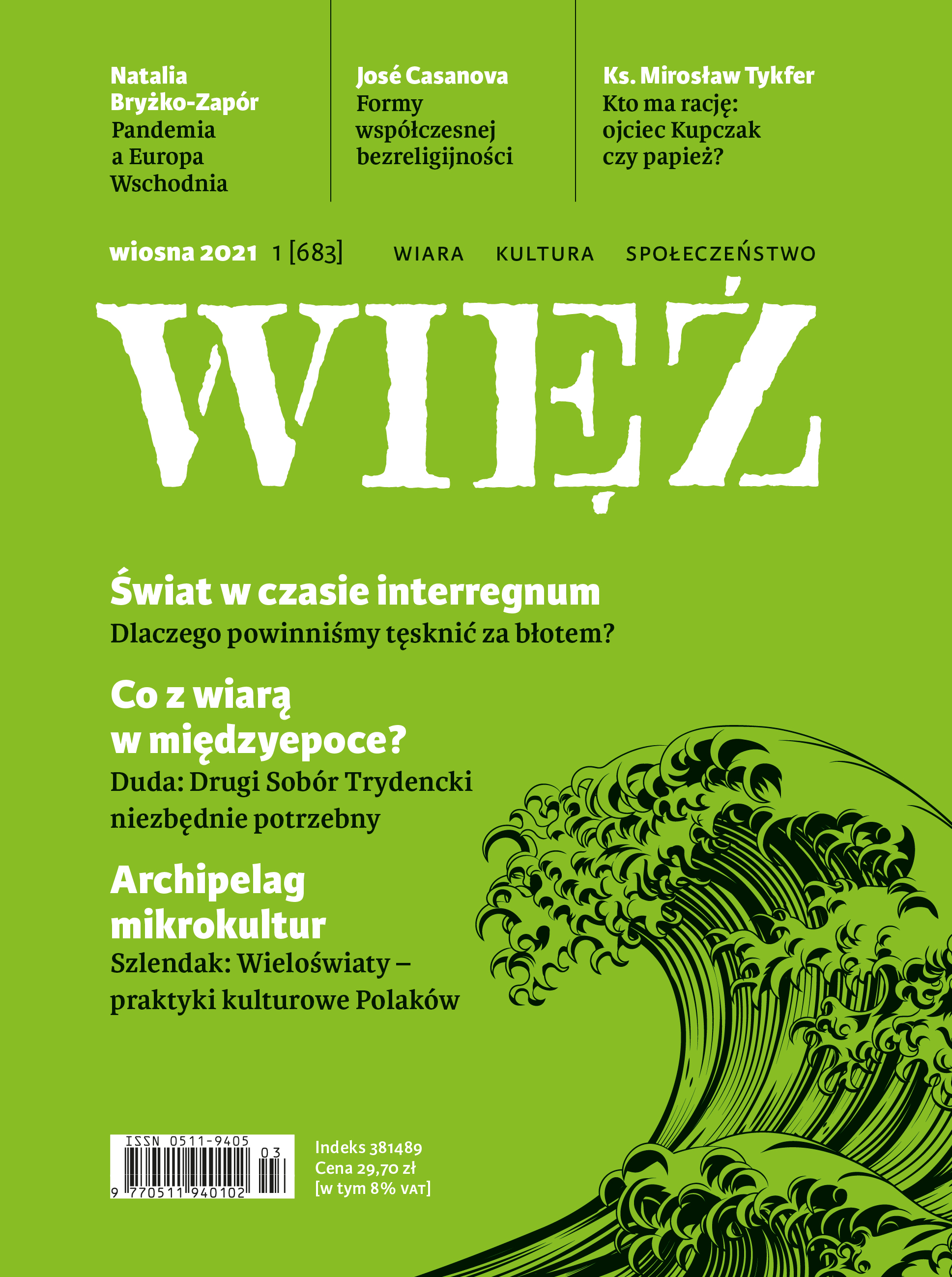
Wielu Syryjczyków, którzy już dawno stracili nadzieję, że ich bliscy powrócą, w napięciu otwiera kolejne strony w przeglądarce. W głowie kłębią się myśli: czy ten mężczyzna, któremu wyłupiono oczy, przypomina mojego syna? A może ta twarz z wybitymi zębami należy do mojego brata? Czy ten wychudzony i zsiniały człowiek to mój ojciec?
More...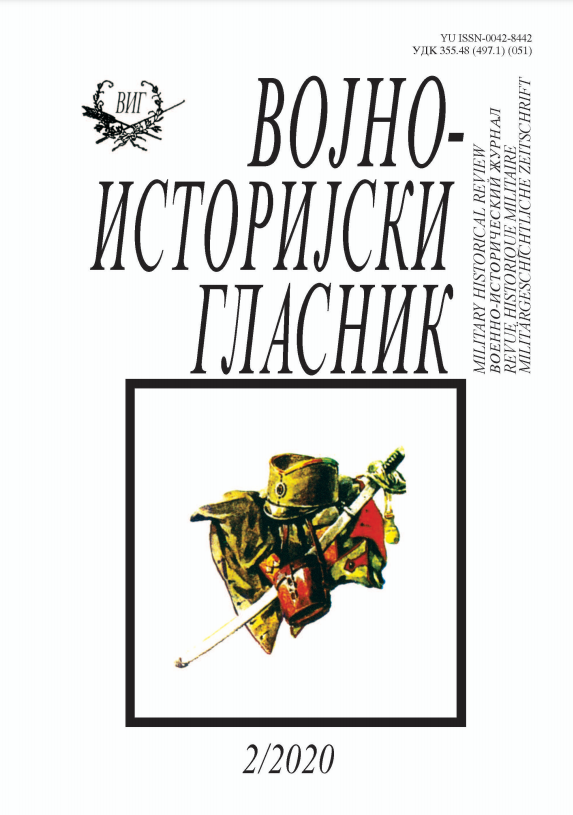
Fabrizio Rudi, Soglie Inquiete, L’ Italia e la Serbia All’ Inizio dell’ novecento (1904–1912), Mimesis, Milano-Udine, 2020, pp. 228
More...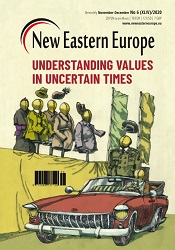
When Volodymyr Zelenskyy won the 2019 presidential election in Ukraine, Ukrainian philosopher Vakhtang Kebuladze called his phenomenon a “non-Maidan”. I repeated this expression in my interview for New Eastern Europe published in May this year. Kebuladze meant that Zelenskyy’s election undermined the 2013 – 2014 confrontation between the pro-European “Maidan” and the pro-Russian “anti-Maidan”, and his political project – Servant of the People – intuitively or consciously sought a different approach: more inclusive, but also more vague, a comprehensive platform attracting voters with different origins and values. At that time, I called the Zelenskyy phenomenon “populism 2.0”. During the election campaign, Zelenskyy was not proposing ideas, values or even slogans.
More...
Liberal-leaning Russians like to remind us that the most common last surname in their country is Smirnov. It is also the name of a well-known vodka brand, Smirnov, etymologically rooted in smirenie, often translated as submission or resignation. Reasons behind the surname’s popularity vary. Some versions claim that peasants, relieved at the birth of a quiet son, would christen him “Smirna.” Others argue that the most pacified subjects of the Russian empire were more likely to procreate, so Smirnovs multiplied faster than Ivanovs or even Petrovs. The Russian linguist Vladimir Nikonov believed that the surname originated among the “subdued” Merya people, who inhabited what is now the Kirov region.
More...
The first 25 years of independent Ukraine is already behind us. In attempts to help understand the changes that have occurred over this time, there are countless political, economic and social analyses, commentaries, recommendations and prognoses. The vast majority of them have referred to this period as one of wasted opportunities. In our research, which we have been carrying out in this regards, we focus on the role the youth has played in the democratic transformation and its future potential. By focusing on the younger generation of Ukrainians we want to show that we are not solely interested in political and economic development, but primarily the country’s human and social capital. We have opted for this approach to better understand how, in the last number of years, young Ukrainians were shaped by experiencing life in a new Ukraine. Have they adopted a stronger sense of national identity, have they become more European? Are they closer to the European Union or Russia? These are the questions we sought to answer.
More...